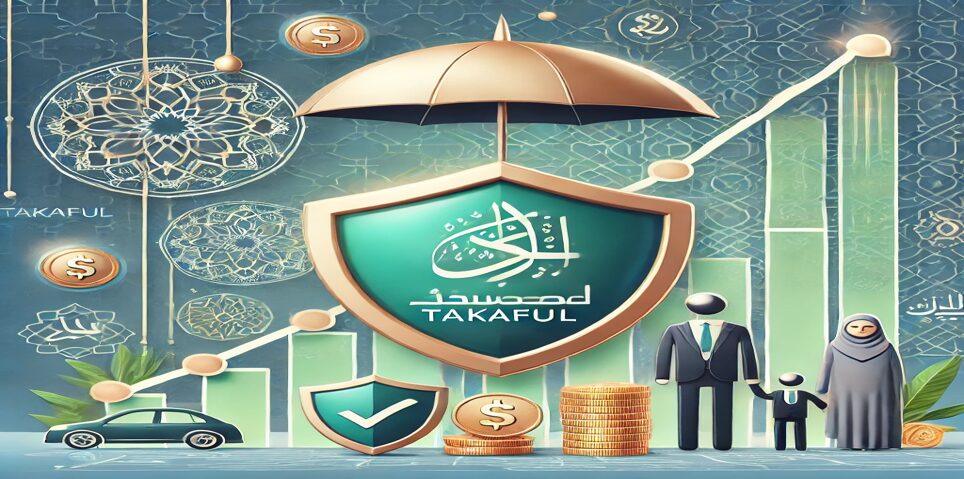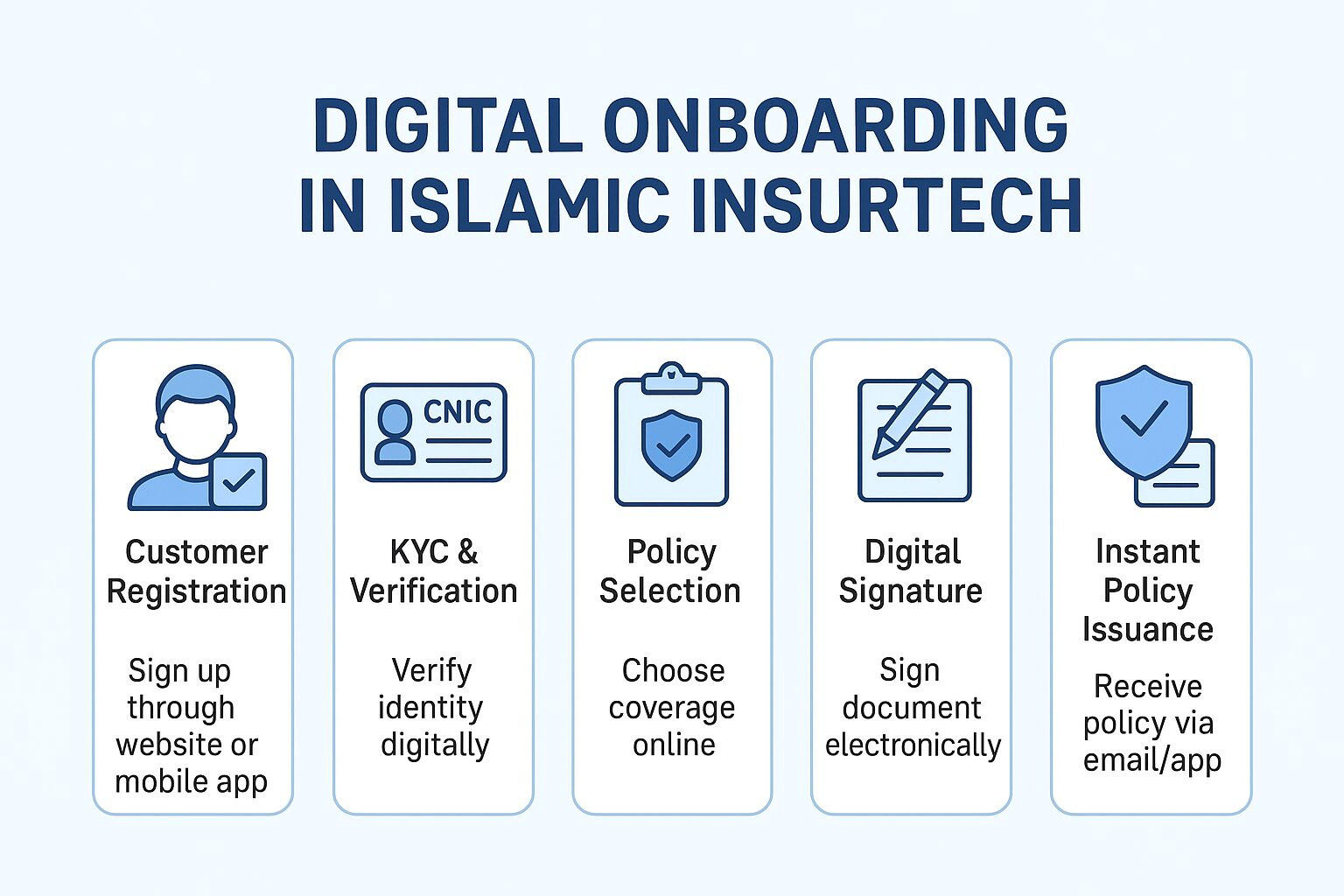Understanding the Differences Between Takaful and Conventional Insurance – Insights from Dawood Takaful Experts
Dawood Takaful Expert explained the Takaful, an alternative to life insurance, is a system based on the concept of kafalat—which dates back to the era of the Holy Prophet. The foundation of Takaful lies in the waqf system, where Hazrat Usman (R.A.) established a well for public benefit. The key principle behind Takaful is tabarru, which refers to the voluntary contributions made by participants to a common pool, intended to support those who face a loss or catastrophe. In contrast to conventional insurance, where the company assumes the risk and retains ownership of the funds, Takaful follows a cooperative model of mutual assistance among participants.

Dawood Takaful’s Cooperative Model vs. Conventional Insurance
In Takaful, the contributions made by members are not owned by any one entity but are instead shared among participants as a form of mutual assistance. This fosters a spirit of brotherhood and solidarity in times of risk or loss. This structure is quite different from conventional insurance, where the money is controlled by shareholders who take on the risk in exchange for the contributions.
In Pakistan, Takaful companies follow a wakala-waqf model, which works as follows:
- The contributions made by the participants are split, with a portion going into the participant’s investment account after waqf charges are deducted.
- A maximum of 2,000 PKR may be deducted as waqf charges, with some of the funds allocated to Wakala (management) fees. The remaining funds are invested into the participant’s account, which may grow with profit.
This unique setup ensures a “win-win” situation for participants. Any profits generated from the investments are returned to the participants, effectively growing the funds that were initially contributed.
Dawood Takaful Investment and Risk Coverage
The money in a Takaful fund is typically invested in Shariah-compliant vehicles like Islamic mutual funds, sukuk bonds, Islamic bank shares, and stocks listed on the Islamic stock exchange. If the fund runs short of money, qard e hasnah (interest-free loans) are provided by the shareholders and can be repaid when the fund has a surplus.
Takaful companies in Pakistan adhere to Shariah laws, ensuring that the insurance processes remain free from interest (riba) and align with Islamic principles. Importantly, no Takaful company in Pakistan has gone bankrupt. Instead, they have merged or been insured through re-Takaful arrangements, which offer a safety net against financial insolvency.
Dawood Takaful for Non-Muslims and Policy Terms
Takaful is not just for Muslims. Non-Muslims can also purchase Takaful policies, ensuring inclusivity. Takaful policies are generally affordable and follow the risk and mortality rates set by large, reputable companies like State Life, which is known for its strong research.
If a participant cancels their policy, the amount allocated to waqf is non-refundable, as this is intended for charitable purposes. However, the funds in the participant’s investment account can be refunded. Policies can be canceled without penalty after the second year, but the Wakala fee will still apply.
Dawood Takaful Shariah-Compliant Transparency
All Takaful companies in Pakistan are committed to transparency. Participants can access detailed financial reports on the company websites to monitor how their money is being invested in halal avenues. This openness ensures that funds are always used in ways that align with Islamic principles.
For more details on Dawood Takaful and Shariah-compliant financial services, visit Dawood Takaful Official Website and for interview, visit https://www.youtube.com/@islamicfinance2538






